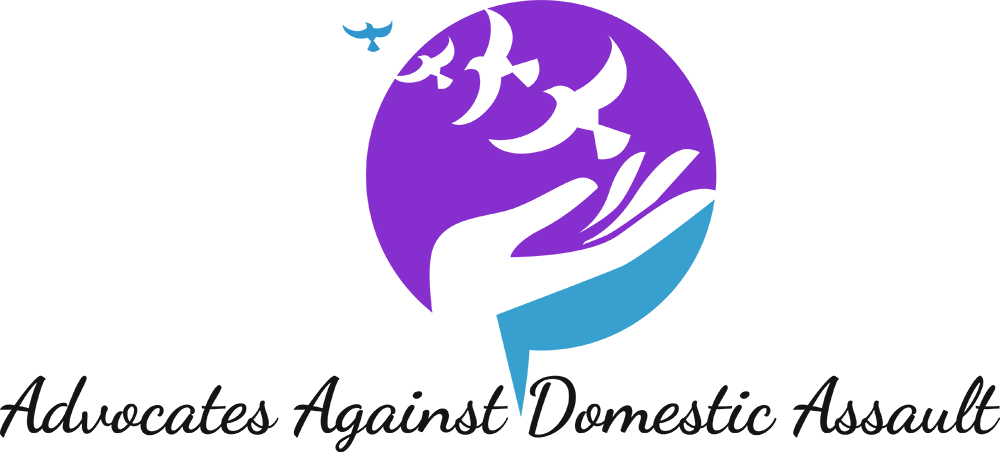Survivors of Abuse
Hope & Healing
Learning More About the Survivors

Who are Victims Of Domestic Violence?
Who Does Domestic and Family Violence Affect?
Victims of domestic or family violence can not only be left with serious physical injuries but abuse can affect their confidence, self esteem and ability to make clear judgments .
Children are often those who can be affected the most. Exposure to domestic and family violence may take away a child’s sense of security and safety.
How does Violence Affects Children?
Intimate partner violence affects every member of the family, including the children. Family violence creates a home environment where children live in constant fear. Children who witness family violence are affected in ways similar to children who are physically abused and are more likely to actually experience emotional abuse, neglect, physical abuse, and community violence. They are often unable to establish nurturing bonds with either parent.
Statistics show that over 8 million children witness violence in their home each year. Every child responds to trauma differently, and recovery is certainly hopeful with support systems in place.
Below are behaviors that may appear with children affected by violence in the home.
Immediate effects may include
- Anxiety
- Sleep disturbances; nightmares
- Difficulty concentrating
- Worry for the safety of themselves and/or a parent
- Increased activity levels
- Aggression
- Increased separation anxiety from a parent
Long term effects may include
- Physical health problems
- Behavioral problems as adolescents
- Emotional difficulties as adults
- Aggressive behavior in relationships
Effects by Age Group
Birth to 5
- Sleep and/or eating disruptions
- Withdrawal/lack of responsiveness
- Intense separation anxiety
- Inconsolable crying
- Developmental regression, loss of acquired skills
- Intense anxiety, worries, and/or new fears
- Increased aggression and/or impulsive behavior
6 to 11
- Nightmares, sleep disruptions
- Aggression and difficulty with peer relationships in school
- Difficulty with concentration and task completion in school
- Withdrawal and/or emotional numbing
- School avoidance and/or truancy
12 to 18
- Depression
- Anxiety
- Withdrawal
- Antisocial behavior
- School failure
- Impulsive and/or reckless behavior, e.g.
- School truancy
- Substance abuse
- Running away
- Involvement in violent or abusive dating relationships
